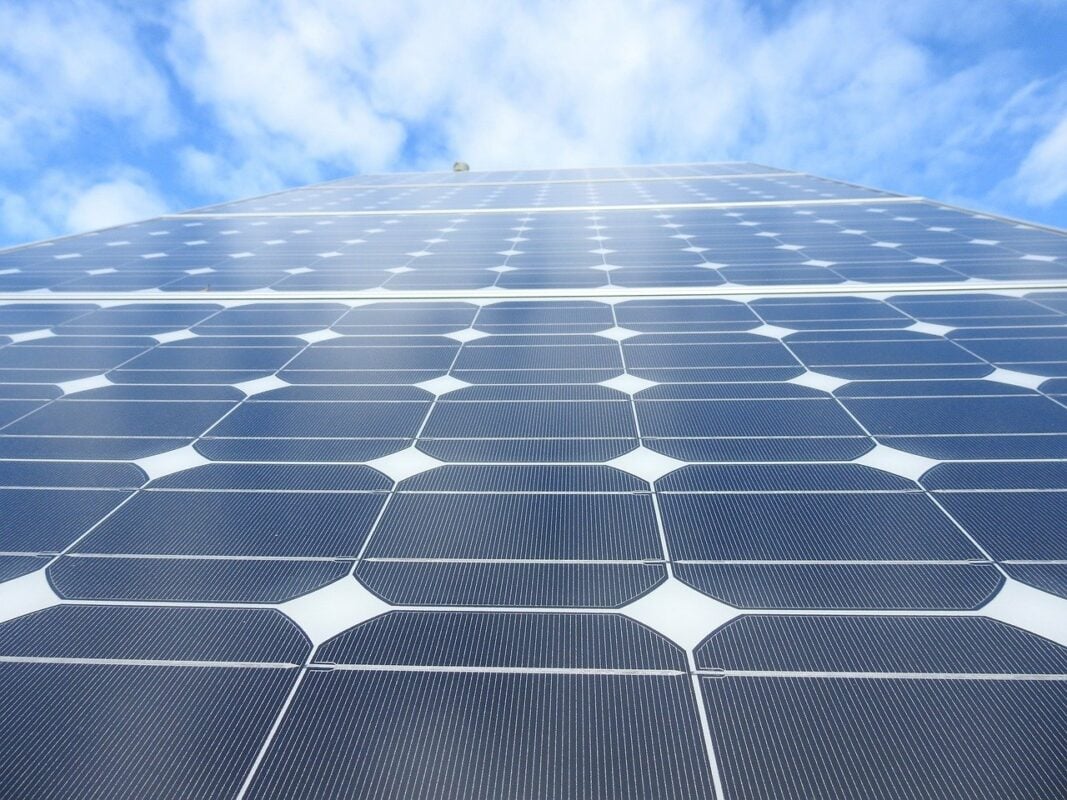
Voltalia has made its first venture into battery storage in the UK, completing the let of a 33MW facility near Bristol from Electric Land.
Through a joint venture with the Low Carbon Alliance, Electric Land has completed the letting of phase 1 of the Avonmoth Energy Park to Voltalia. The park was leased for 25 years, and has planning permissions, grid connection and a capacity market contract for the battery storage facility.
French renewable company Voltalia already has 1.2GW in operation and construction of solar and wind in the UK, along with a pipeline of 7.8GW that includes battery storage it said. This totals €5 billion in secured revenues (2019-2044).
The company has been increasingly active in the UK throughout 2020, after securing planning permission for a 40MW solar farm with battery storage in Dorset in January, the company’s first move in the UK market for a number of years.
Avonmouth Energy Park has hit its 2nd phase of marketing, with a 50MW of shovel-ready Reserve Power Generation Facility, extendable to 65MW available. It is Electric Land’s largest project to date, and the company’s fifth successful development.
The energy infrastructure land promotion and investment vehicle that forms part of the Foundation Property & Capital Group now has 20 sites, 12 leased and already delivering over 165MW of a consented 286MW of generation and storage. Over the next year Electric Land is developing a pipeline of a further 247MW on individual sites from less than 1 acre to over 100 acres.
Ben Lansman, group managing director said that the company had focused on niches where it can use it’s “rare expertise in managing small, complex projects to generate a secure income return whilst focusing on creating significant capital value” since its launch in 2011.
“We take early stage development risk and actively manage projects which ultimately deliver long, ultra-secure, index-linked income from infrastructure ground rents. In these challenging times it is unusual to have a portfolio delivering 100% of contracted income to our shareholders where we can continue to re-invest and leverage our capital gains into a rapidly growing asset class operated by utility companies crying out for more renewable energy capacity.”
